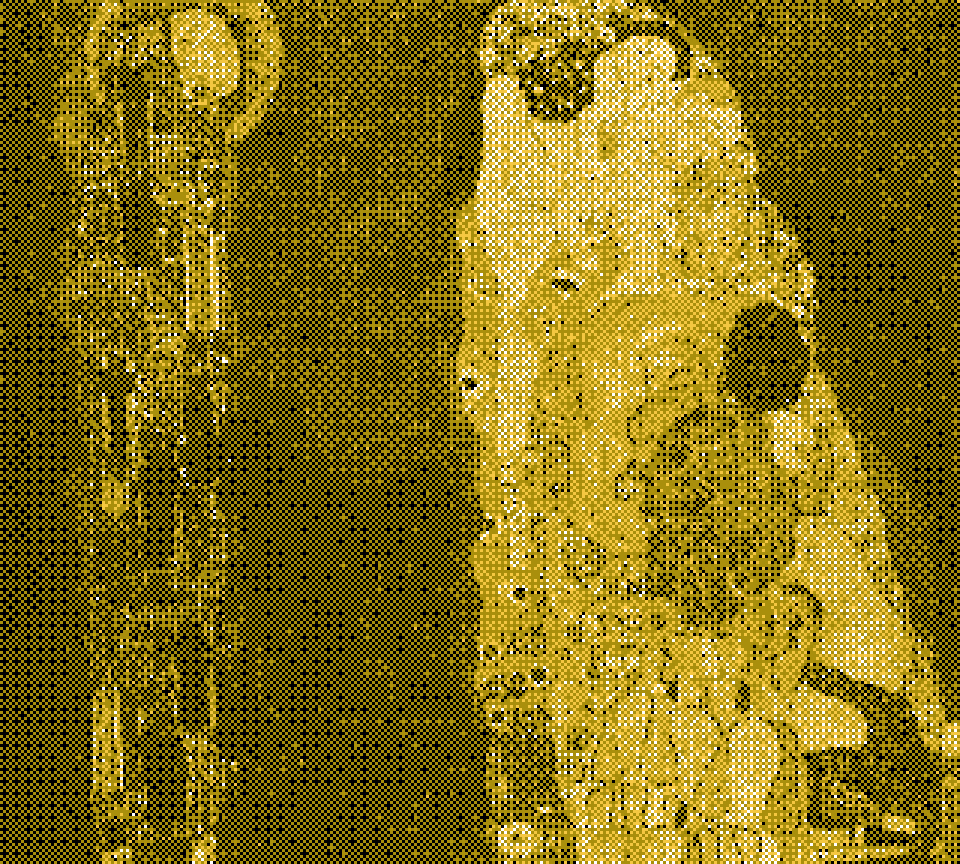Meditations by Marcus Aurelius
Reading notes on Aurelius's private diary ⚬ 01 of November 2023
Quotes
1. My Grandfather Verus. Character and self-control.
Nothing is more pathetic than people who run around in circles, "delving into the things that lie beneath" and conducting investigations into the souls of the people around them, never realizing that all you have to do is to be attentive to the power inside you and worship it sincerely.
We should remember that even Nature's inadvertence has its own charm, its own attractiveness. The way loaves of bread split open on top in the oven; the ridges are just by- products of the baking, and yet pleasing, somehow: they rouse our appetite without our knowing why. Or how ripe figs begin to burst. And olives on the point of falling: the shadow of decay gives them a peculiar beauty. Stalks of wheat bending under their own weight. The furrowed brow of the lion. Flecks of foam on the boar's mouth. And other things. If you look at them in isolation there's nothing beautiful about them, and yet by supplementing nature they enrich it and draw us in. And anyone with a feeling for nature—a deeper sensitivity—will find it all gives pleasure. Even what seems inadvertent.
You have functioned as a part of something; you will vanish into what produced you. Or be restored, rather. To the logos from which all things spring. By being changed.
Constant awareness that everything is born from change. The knowledge that there is nothing nature loves more than to alter what exists and make new things like it. All that exists is the seed of what will emerge from it. You think the only seeds are the ones that make plants or children? Go deeper.
Some people, when they do someone a favor, are always looking for a chance to call it in. And some aren't, but they're still aware of it—still regard it as a debt. But others don't even do that. They're like a vine that produces grapes without looking for anything in return. A horse at the end of the race . . . A dog when the hunt is over . . . A bee with its honey stored . . . And a human being after helping others. They don't make a fuss about it. They just go on to something else, as the vine looks forward to bearing fruit again in season. We should be like that. Acting almost unconsciously.
We speak of the sun's light as “pouring down on us,” as “pouring over us” in all directions. Yet it's never poured out. Because it doesn't really pour; it extends. Its beams (aktai) get their name from their extension. To see the nature of a sunbeam, look at light as it falls through a narrow opening into a dark room. It extends in a straight line, striking any solid object that stands in its way and blocks the space beyond it. There it remains—not vanishing or falling away. We speak of the sun's light as “pouring down on us,” as “pouring over us” in all directions. Yet it's never poured out. Because it doesn't really pour; it extends. Its beams (aktai) get their name from their extension (ekteinesthai). That's what the outpouring—the diffusion—of thought should be like: not emptied out, but extended. And not striking at obstacles with fury and violence, or falling away before them, but holding its ground and illuminating what receives it. What doesn't transmit light creates its own darkness.
Continual awareness of all time and space, of the size and life span of the things around us. A grape seed in infinite space. A half twist of a corkscrew against eternity.
It shouldn't even need to be said. It should be obvious—written in block letters on your forehead. It should be audible in your voice, visible in your eyes, like a lover who looks into your face and takes in the whole story at a glance.
You've lived as a citizen in a great city. Five years or a hundred—what's the difference? The laws make no distinction. And to be sent away from it, not by a tyrant or a dishonest judge, but by Nature, who first invited you in—why is that so terrible? Like the impresario ringing down the curtain on an actor: "But I've only gotten through three acts...!" Yes. This will be a drama in three acts, the length fixed by the power that directed your creation, and now directs your dissolution. Neither was yours to determine. So make your exit with grace—the same grace shown to you.
